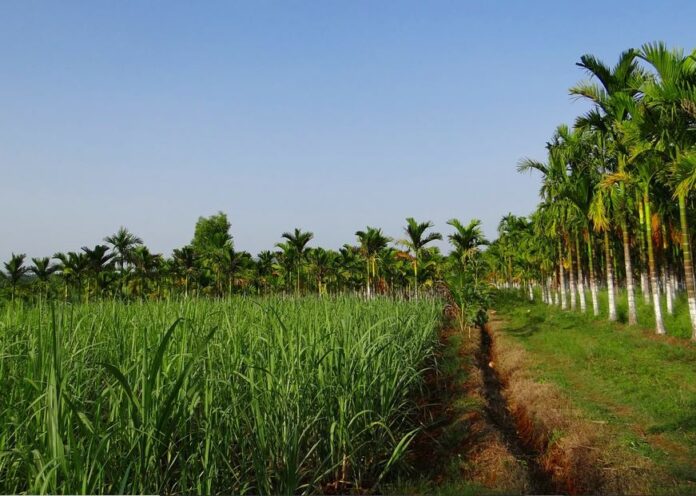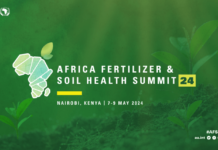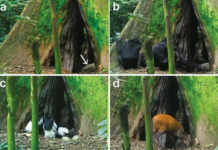Ten African countries have committed to sustainable commodities in Africa. Ministers fromEdo State (Nigeria), Sierra Leone, Central African Republic,Cameroon,Democratic Republic of Congo,Republic of Congo, Liberia,Gabon, Ghana, and Côte d’Ivoire, signed the Africa Sustainable Commodities Initiative (ASCI) Declaration, a single set of principles for the responsible production of agricultural commodities in Africa.
The signing ceremony took place at the 27th United Nations Climate Conference (COP27) held in Egypt. The event, dubbed ‘Africa Day,’ provided countries and development partners, including the African Development Bank, the opportunity to highlight measures to tap the continent’s unique economic potential.
The Africa Sustainable Commodities Initiative (ASCI) puts producer countries in Africa at the forefront of defining principles for the sustainable development of cocoa, rubber, palm oil, coffee and other commodities, in a way that protects livelihoods and protects natural resources, including forests.
Marrakesh Declaration
The ten countries that committed to the course account for 25% of the world’s tropical forests and 75% of Africa’s forests. The ‘Marrakesh Declaration for Sustainable Development of the Palm Oil Sector’ acknowledged the role of agricultural commodity development as a driver of deforestation while emphasizing the critical role of forests and forest conservation in addressing climate change. An initiative of the Tropical Forest Alliance, the APOI, is facilitated by Proforest, which will be supporting the Africa-led Africa Sustainable Commodities Initiative.
“From COP22 in 2016, when the Marrakesh Declaration was signed, we saw huge progress at COP26 in 2021, where every country demonstrated crucial milestones to achieve the sustainable development of palm oil,” Global and Africa Director of Proforest, Abraham Baffoe, said.
He added: “Many countries have recognised the need to work across multiple commodities, so, the launch of ASCI is an important progression, as a truly multi-stakeholder initiative, with every country engaging at the regional, national and local level throughout the process. We need the guardians of the forests – national governments and local communities – to own and lead solutions on the ground that integrate agricultural commodity production and local livelihoods with forest protection embedding those rights and protection in laws and regulation will provide an enabling environment where we can continue to build capacity, readying the way for further investment and scale.”









